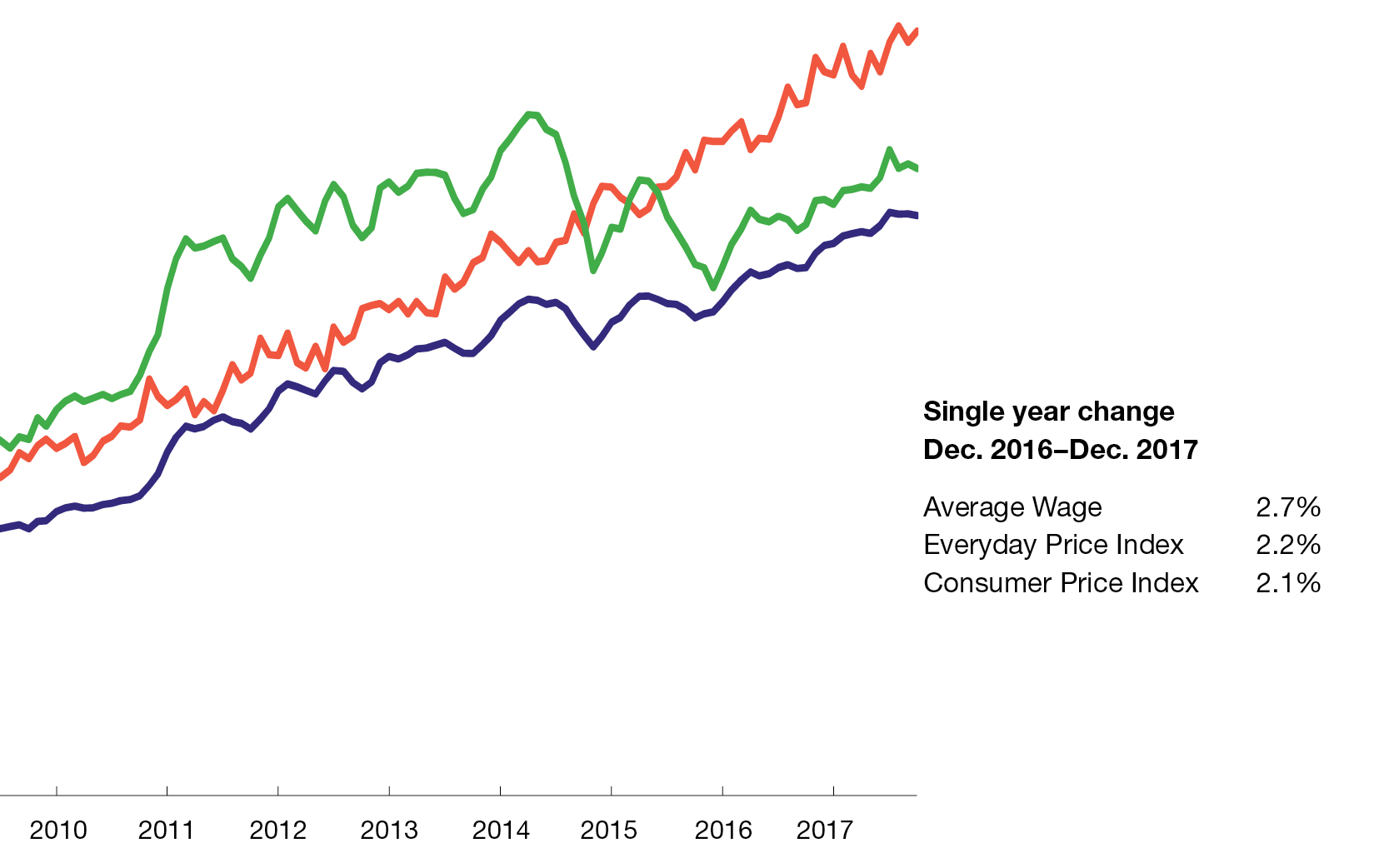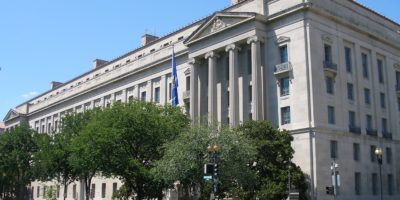Say It Ain’t So on Global Financial Regulation, Mr. President
President Trump recently signed a G-20 statement that supports international regulation of U.S. financial institutions, something that flies in the face of his domestic political positions. One might hope he just forgot to read the fine print.
Signing on to international regulation while promoting less regulation at home is, at best, an odd policy stance. The timing makes it especially odd.
Just the other month (June), Treasury Secretary Steven Mnuchin unveiled a 149-page plan titled “A Financial System That Creates Economic Opportunities,” which aims to cut domestic regulations and boost economic growth. The plan has its genesis in Trump’s Executive Order 13772, which calls for the Treasury secretary to report on the administration’s regulatory “core principles,” including empowering citizens and boosting American competitiveness.
Regulation cost the U.S. economy $2 trillion in 2015, a posting on the White House website says.
In a section titled “Bringing Back Jobs and Growth,” it states: “That is why the President has proposed a moratorium on new federal regulations and is ordering the heads of federal agencies and departments to identify job-killing regulations that should be repealed.”
The American Bankers Association is among the groups that have applauded Trump’s domestic moves on regulation.
Today’s international regulation regime has many of its roots in the Basel III accord, adopted in 2009 amid claims of strengthening the banking sector’s ability to absorb shocks and improve risk management. International trade has suffered as a result, according to a June 27 article on the website International Financial Regulation.
There is “widespread belief, evident in recent industry surveys, that the revised framework has contributed to the slowdown of world trade since the beginning of the Global Financial Crisis,” the article states.
The Federal Reserve voted in 2013 to support Basel III and its provisions, which include requiring banks to maintain higher-quality capital, such as stock and retained earnings, equal to 7 percent of their loans or assets. The rules will not strengthen the financial sector, says Frank Shostak, who runs a consulting firm called Applied Austrian School Economics.
“The main factor of instability in the modern banking system is the present paper standard, supported by the existence of central banking and fractional reserve lending,” he wrote in an article on the Ludwig von Mises Institute’s website.
The G-20’s Financial Stability Board, born in 2009, also arose in the aftermath of the global financial crisis and was deputized with patrolling the world financial system. President Obama supported the FSB and its regulatory designs. The body does not seem to have had a significant impact on the U.S. financial sector so far, at least not directly.
That is because of a “failure of nerve” at the Treasury Department and Federal Reserve during the Obama years, says Peter Wallison, a senior fellow at the American Enterprise Institute. Such “failure” is something to be grateful for, he told AIER.
The FSB, whose rules are not meant to be voluntary, is stacked with European officials that want to push their views onto the U.S. financial system, says Wallison, a lawyer who helped the Reagan administration’s Treasury Department craft financial-sector deregulation measures.
“It is not difficult to see that this is a power grab by the regulators who sit on the FSB,” Wallison wrote in The Wall Street Journal on July 14. “They are trying to leverage an international agreement to create a closed, uniform, global system of financial regulation and supervision. Trapping American firms in this kind of complex web is clearly inconsistent with President Trump’s promise to deregulate the financial system and put the American economy first.”
About a quarter of the FSB’s 25 members consists of European central banks and finance ministries. Besides the European Union’s European Central Bank and European Commission, the body includes representatives from the UK, France, Germany, Italy, the Netherlands, Russia, and Switzerland. The FSB’s chairman is Mark Carney, governor of the Bank of England and formerly governor of the Bank of Canada.
The Treasury Department, Federal Reserve, and Securities and Exchange Commission are the U.S. entities represented on the FSB.
Carney wrote a six-page letter to G-20 leaders prior to their July 7–8 meeting in Germany, calling for more efforts in creating what he calls a more stable and transparent global financial system, including bringing “shadow banking” to heel. Securities broker-dealers, finance companies, asset managers, and investment funds, including hedge funds, all fall under the FSB’s definition of “shadow banking.”
Part of the FSB’s “main unfinished business,” according to Carney, is to “pursue full, timely, and consistent implementation of the entire package of measures across the G-20,” which requires adoption by the United States.
Trump’s signing of the G-20 statement reinforces a false narrative that holds the 2008 crisis was caused by a lack of financial regulation. This narrative gave birth to the Dodd-Frank banking law, which many blame for lower levels of economic growth and less competition in the banking sector. The president may have put his hand on something he does not fathom.
“Unfortunately, the G-20 communique has now created the impression — mistaken, one hopes — that Mr. Trump favors the FSB’s program,” Wallison wrote. “If he does not, he should make his position clear by withdrawing the U.S. from the FSB.”
He reckons Dodd-Frank’s creation of the Financial Stability Oversight Council may lead to wholesale adoption of FSB regulations under the cover of battling threats to “financial stability.” The council should be limited to being a consulting body for regulators and have no special powers to regulate or prohibit financial activities, Wallison urges.
The Trump administration does not appear to agree. In its recent deregulatory plan, the Treasury Department recommended Congress give the council the power to appoint a lead regulator on any issue in which various agencies have jurisdiction.
Still, Trump made a big splash by defying dominant world opinion and pulling the country out of the Paris Climate Accord. Pulling out of a system of global regulation might not make as many headlines but would be at least as helpful.






